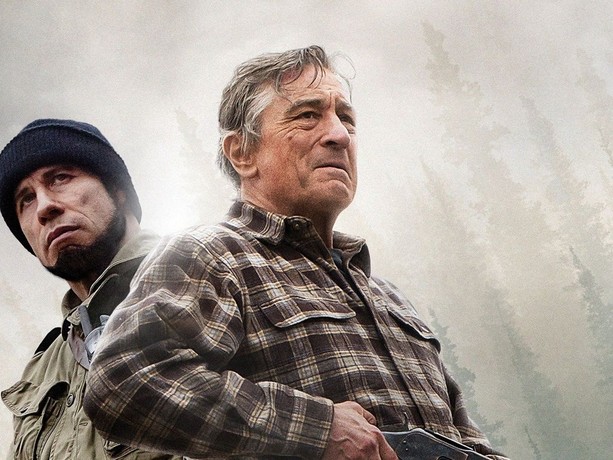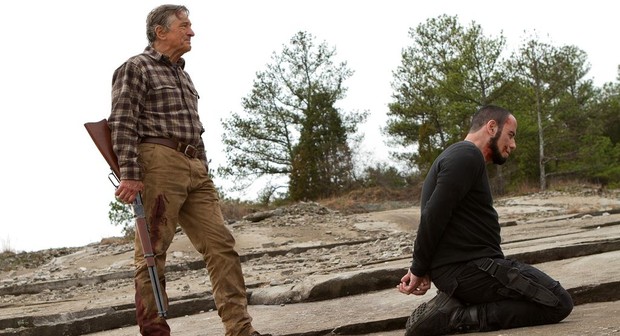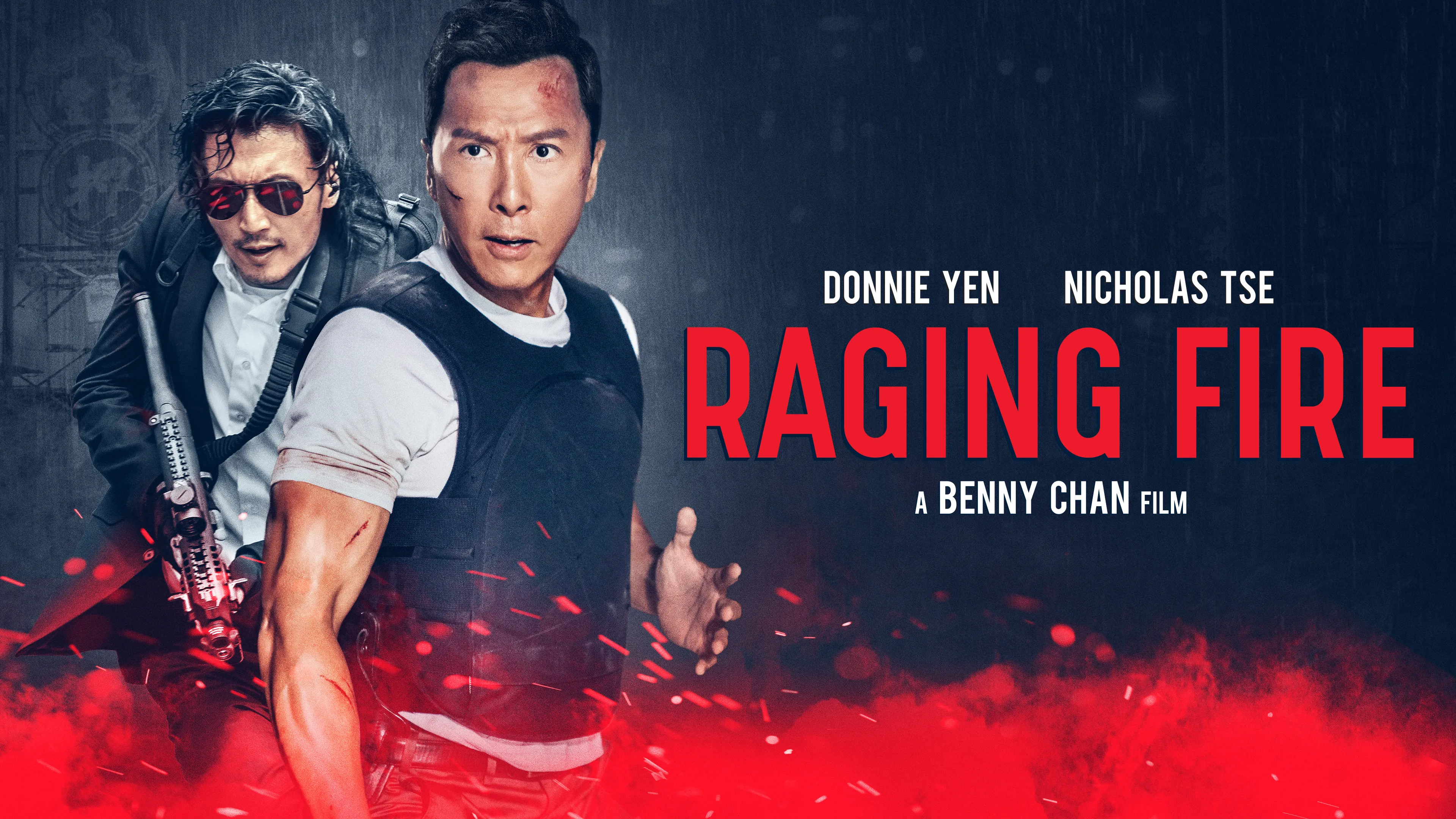Killing Season – A Tense Duel of Veterans and Vengeance
Killing Season (2013) is a psychological action-thriller that brings together two Hollywood heavyweights — Robert De Niro and John Travolta — in a deadly game of cat and mouse set against the backdrop of the Appalachian wilderness. Directed by Mark Steven Johnson, the film explores the lingering psychological scars of war, personal guilt, and the moral complexity of revenge through an intimate, brutal showdown between two former enemies.
The story begins with Benjamin Ford (Robert De Niro), a reclusive American military veteran who has retreated into a solitary life in a remote cabin, haunted by his past service in the Bosnian War. Seeking peace and isolation, he spends his days surrounded by nature and away from society. That solitude is broken by the arrival of Emil Kovač (John Travolta), a seemingly friendly European tourist with a mysterious interest in Ford. The two men strike up a conversation that slowly evolves into a fragile camaraderie — until the mask slips and Kovač reveals his true identity: a former Serbian soldier who holds Ford personally responsible for atrocities committed during the war.

What follows is a relentless, close-quarters battle of survival. Stripped down to its essentials, Killing Season is a two-man war, unfolding over the span of several intense days. It’s a psychological and physical duel in the vein of classic survival thrillers, where the dense forests become both a battleground and a metaphor for the characters’ inner torment. The action is raw, visceral, and unflinching — from sniper shootouts to brutal hand-to-hand combat — but it’s the emotional tension between the two men that truly drives the film.
De Niro delivers a restrained and world-weary performance as Ford, portraying a man trying to escape the weight of his past, only to be dragged back into a conflict he thought he’d left behind. Travolta, with a thick accent and a mixture of charm and menace, gives an intense and layered portrayal of Kovač — a man fueled by vengeance, but not devoid of his own code of honor. Their dynamic oscillates between predator and prey, captor and captive, as each forces the other to confront uncomfortable truths.
Visually, the film makes strong use of its Appalachian setting. The cinematography captures the misty woods, rugged terrain, and silence of nature to create a tense and claustrophobic atmosphere. The isolation of the environment mirrors the isolation of the two characters — each carrying the burden of war, justice, and guilt in different ways.
Killing Season doesn’t aim to be a high-concept action blockbuster; instead, it’s a stripped-down, character-driven thriller about the personal costs of violence. While the film received mixed reviews for its pacing and some uneven execution, its core idea remains compelling: can two men with bloodied histories ever find redemption, or are they doomed to repeat the cycle of revenge?

In the end, Killing Season offers a brutal yet meditative look at the consequences of war long after the battlefield is gone. It’s a story about enemies confronting not just each other, but themselves — a killing season not only of the body, but of the soul.
